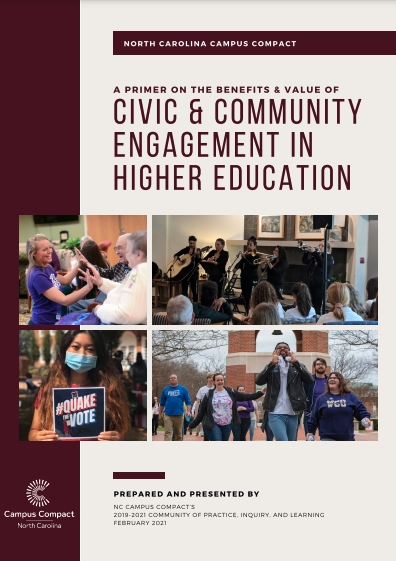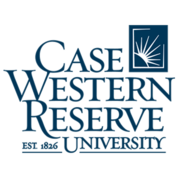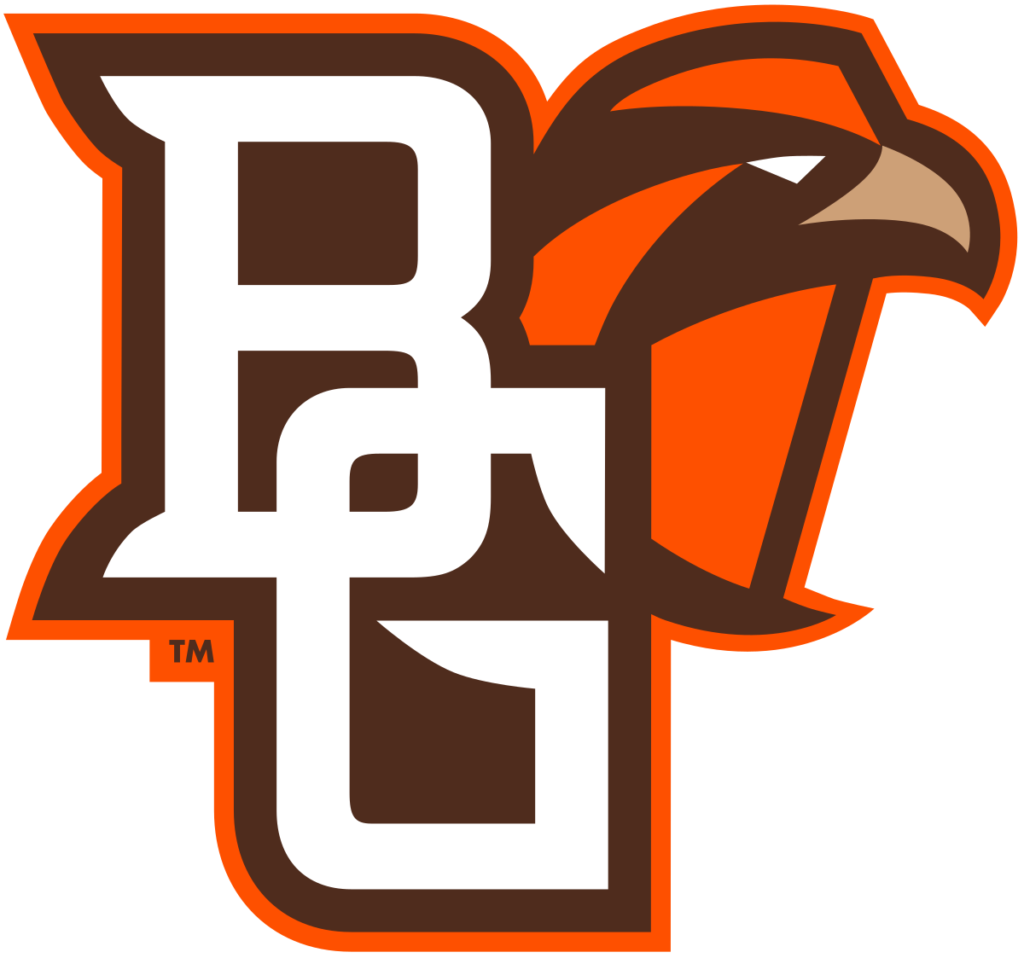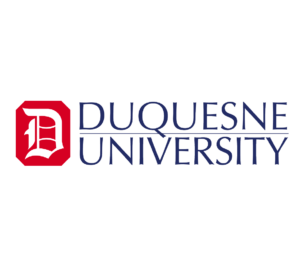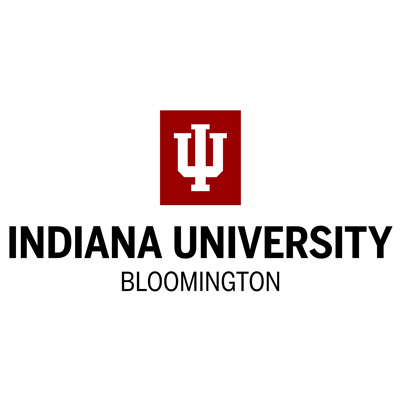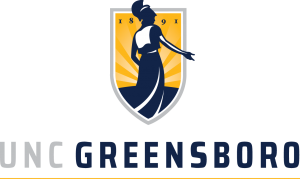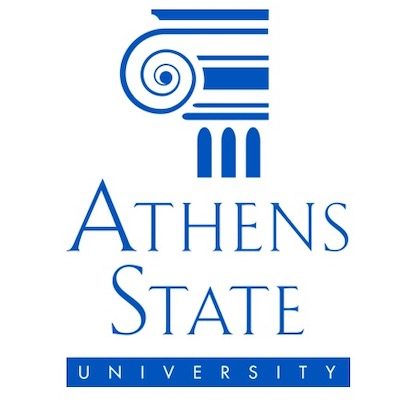Collaboratory’s Shining the Light series highlights the amazing work of our institutional partners and shares examples of community engagement and public service activities captured in Collaboratory.
Recognizing that community engagement is an integral strategy through which campuses contribute to and achieve the mission and goals of their institutions, this series is guided by the Benefits of Civic and Community Engagement Primer co-edited by Collaboratory’s own Kristin Medlin and published by our partners, North Carolina Campus Compact’s Community of Practice, Inquiry & Learning (COPIL).
The primer:
- Assembles evidence of how civic and community engagement (CCE), when done well, contributes to the overarching goals of higher education
- Highlights the range of CCE activities occurring in community-campus partnerships throughout the state of North Carolina
- Provides a tool to aid in deepening the practice of engagement, and
- Makes the case for investment in and commitment to CCE
This installment of Shining the Light features community-based experiential learning opportunities hosted by institutions across the Collaboratory network.
Pressing Matters: Printmaking, Self-Advocacy, and Community Activism
Pressing Matters designs and facilitates participatory printmaking, visual literacy, and self-advocacy projects for under-resourced youth groups in East Cleveland and the Clark-Fulton neighborhoods. Partnering with area non-profit Zygote and the Cleveland Institute of Art, our project will result in the creation of an interdisciplinary consortium of CWRU faculty and students, CIA faculty and students, and community partners. Prints offer relatively inexpensive, widely disseminated access to information, ideas, and images. Providing access to this medium is but one facet of our initiative. Through the unification of scholarship, teaching, and community engagement, Pressing Matters will create dialogues with and open communicative pathways for under-resourced populations in greater Cleveland.
Math Camp 2019 March 9 Napoleon
A full-day event led by teacher candidates in BGSU’s School of Teaching and Learning and volunteers from the College of Education and Human Development. This Math Camp provided elementary school students with opportunities to engage in enjoyable collaborative problem-solving tasks, apply their mathematical skills in creative ways, and build confidence in their mathematical and general academic abilities. Students solve mathematical puzzles, engage in mathematical games, sing, and dance, all while applying their knowledge and problem-solving skills to bring about their team’s success in each task. Through this service learning opportunity BGSU teacher candidates are charged with all the important elements of schooling — the teacher candidates enact their plans to take care of all students’ emotional, academic, nutritional, and physical needs throughout the duration of the camp.
School of Pharmacy and School of Law Advocacy Trip to Capitol Hill
School of Pharmacy Advocacy Trip to Capitol Hill October 24 to 26, 2019 – More than 230 School of Pharmacy students and Law School students travel to Washington, DC to address public health issues with over 50 legislators including a discussion of ways in which pharmacists can help to curtail the opioid crisis as well as costs for Medicare patients.
Writing Grants with the Sculpture Trails
The Sculpture Trails Outdoor Museum is an active operation supported almost entirely by volunteer efforts. Students in Laura Littlepage’s human resources class develop plans for volunteer management to assist the nonprofit.
Therapeutic Horseback Riding Camp
Each summer, UNC Greensboro graduate students gain clinical practicum experience over two weeks while running a therapeutic riding camp with HORSEPOWER since its inception in 1994. The program offers 30 hours of free, individualized therapy to campers. The graduate students work two-to-one with the children, who range in age from three to eight years old.
Service Learning Project: Fostering Technology-enhanced, Culturally Responsive Family Engagement for Supporting Emergent Bilingual Children’s Literacy Learning
ED 404 (Methods and Materials for Teaching English Language Learners) in Fall 2020 included a service-learning project to provide teacher candidates opportunities to apply their cultural and pedagogical knowledge and skills to support the learning of school-aged bilingual children from immigrant families during the COVID-19 pandemic crisis. The purpose of this project was two-fold: (1) to support emergent bilingual children and their immigrant parents who had language barriers and limited access to educational resources and (2) to enhance teacher candidates’ ability to teach English literacy skills to emergent bilingual children and foster family engagement through educational technology.
Want to learn more about Collaboratory?
Email info@cecollaboratory.com to learn more about how to leverage Collaboratory to tell your institution’s story of engagement.

